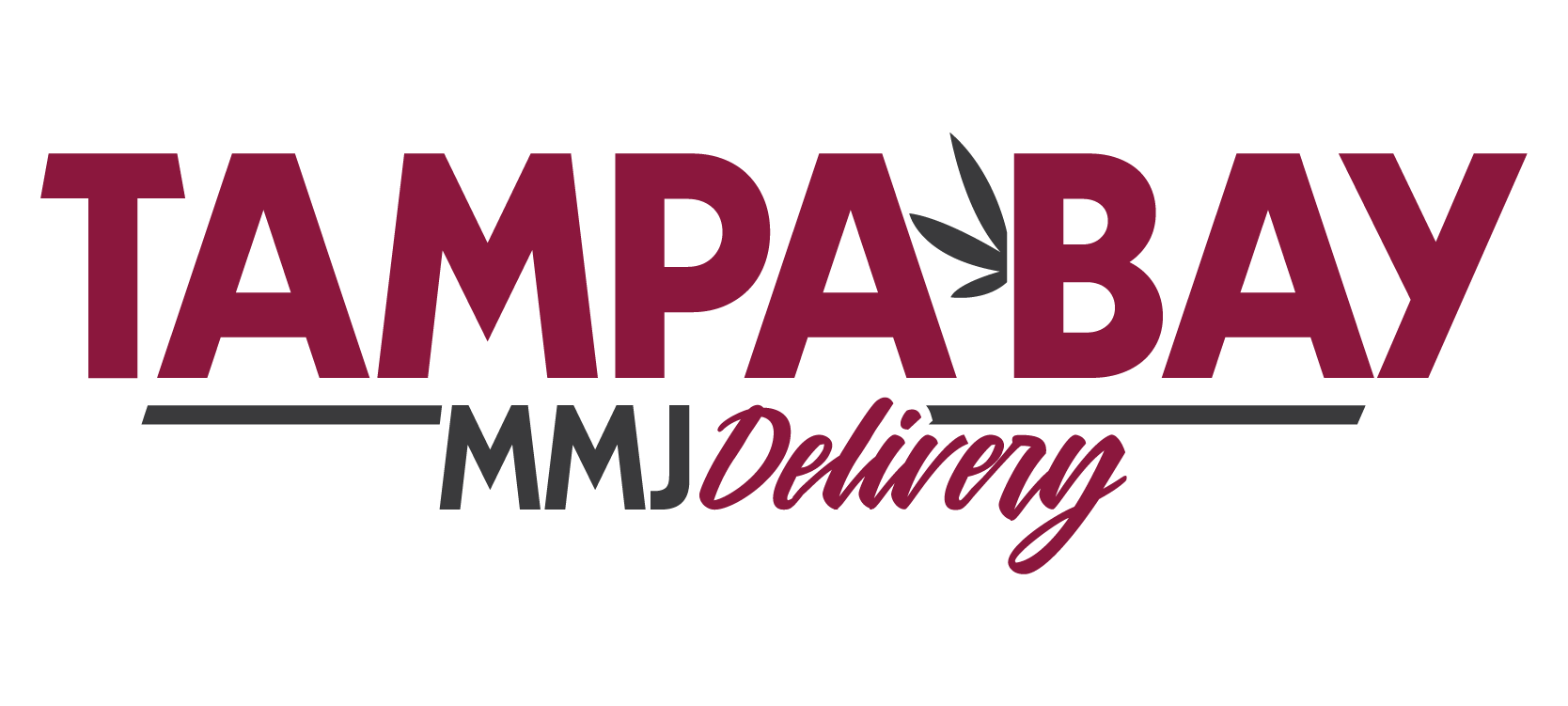The integration of artificial intelligence (AI) and autonomous delivery systems in the cannabis industry is becoming a focal point for innovation. Cities like Tampa, Florida, are witnessing advancements in drone and robot deliveries, prompting questions about their applicability to cannabis distribution.
Current Landscape of Autonomous Deliveries in Tampa
Tampa has already embraced drone technology for food and retail deliveries. In 2023, Chick-fil-A launched drone delivery in Brandon, Florida, allowing customers within a 1.2-mile radius to receive meals by air. Around the same time, Walmart began offering drone delivery in Tampa through a third-party operator. These developments indicate that Tampa is actively building the infrastructure necessary for widespread autonomous delivery options.
Potential for Cannabis Delivery via Drones and Robots
While cannabis delivery through drones or robots is not yet occurring in Tampa, the foundations laid by the food and retail sectors suggest the potential for crossover. In other parts of the country, cannabis delivery companies are experimenting with AI and autonomous vehicles to reduce human labor costs, improve efficiency, and add an extra layer of safety during transportation. These pilot programs, although limited, offer a glimpse into what the future may hold for markets like Tampa.
Regulatory Hurdles and Legal Considerations
The main roadblock for implementing AI-powered cannabis deliveries remains the complex legal environment. Although Florida permits medical cannabis, it still requires human delivery personnel to ensure ID verification and secure handling of controlled substances. Furthermore, cannabis remains federally illegal, which complicates the use of drones regulated by the Federal Aviation Administration. These restrictions make it difficult for dispensaries to immediately adopt fully autonomous delivery methods, even if the technology is available.
Initiatives and Future Outlook
Currently, there are no publicized initiatives specific to cannabis drone or robot delivery in Tampa. However, the city’s successful rollout of autonomous technology for other industries positions it well to embrace such innovation when regulations evolve. As lawmakers revisit cannabis policy at both the federal and state level, it’s likely that Tampa will be among the cities exploring next-generation delivery models.
Tech-forward dispensaries and delivery operators in the Tampa Bay area are already using advanced software for routing, customer communication, and compliance. The leap from digitally managed deliveries to drone-based operations may not be as distant as it seems, especially with growing consumer demand for faster, contactless delivery options.
Conclusion
Tampa’s current embrace of drone delivery for food and retail suggests a strong foundation for future adoption in the cannabis space. While regulatory hurdles still limit the deployment of drones and robots for cannabis delivery, the momentum is building. If legal frameworks continue to evolve and technology maintains its pace, Tampa could soon become a leader in AI-powered cannabis logistics.

